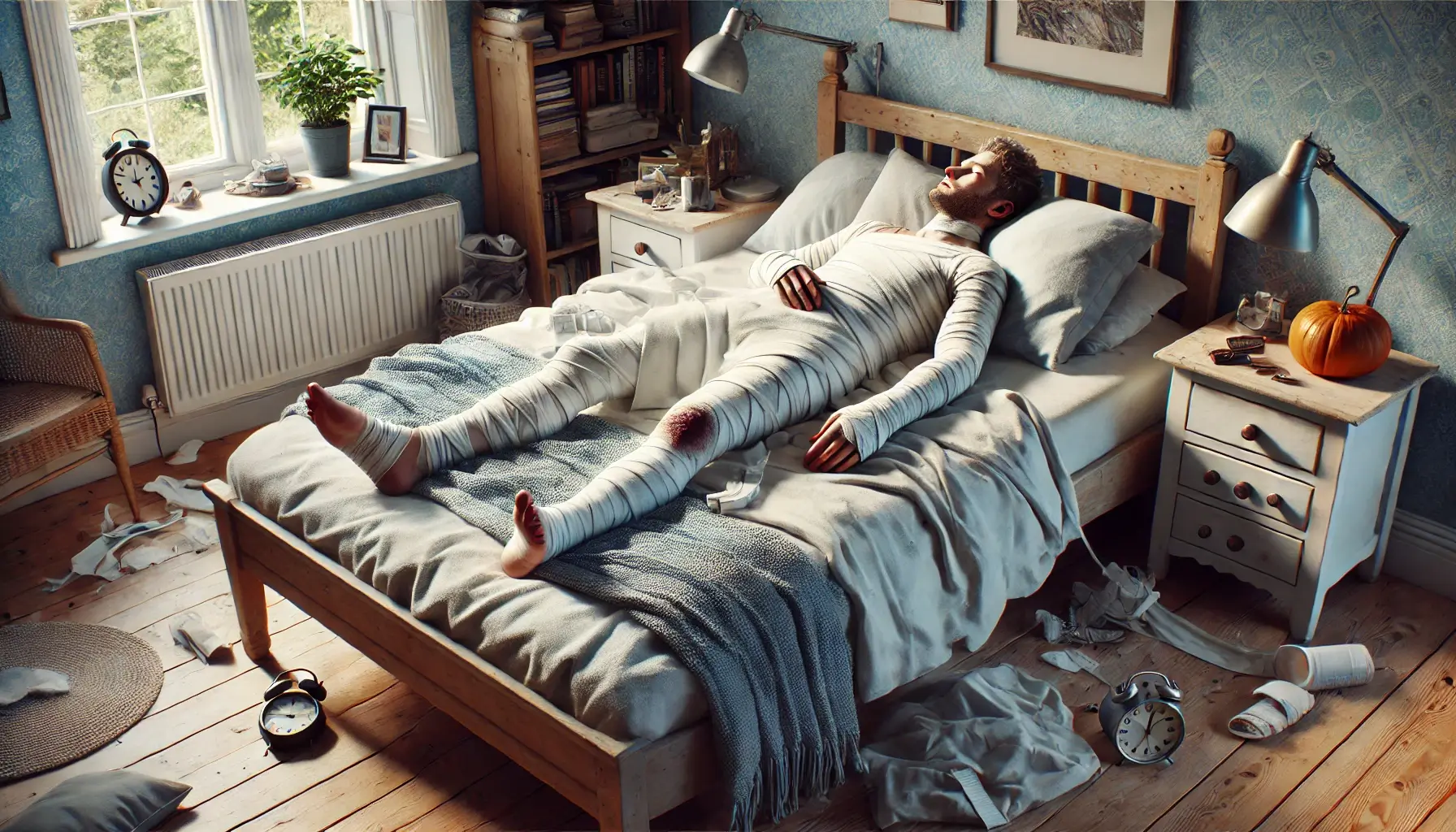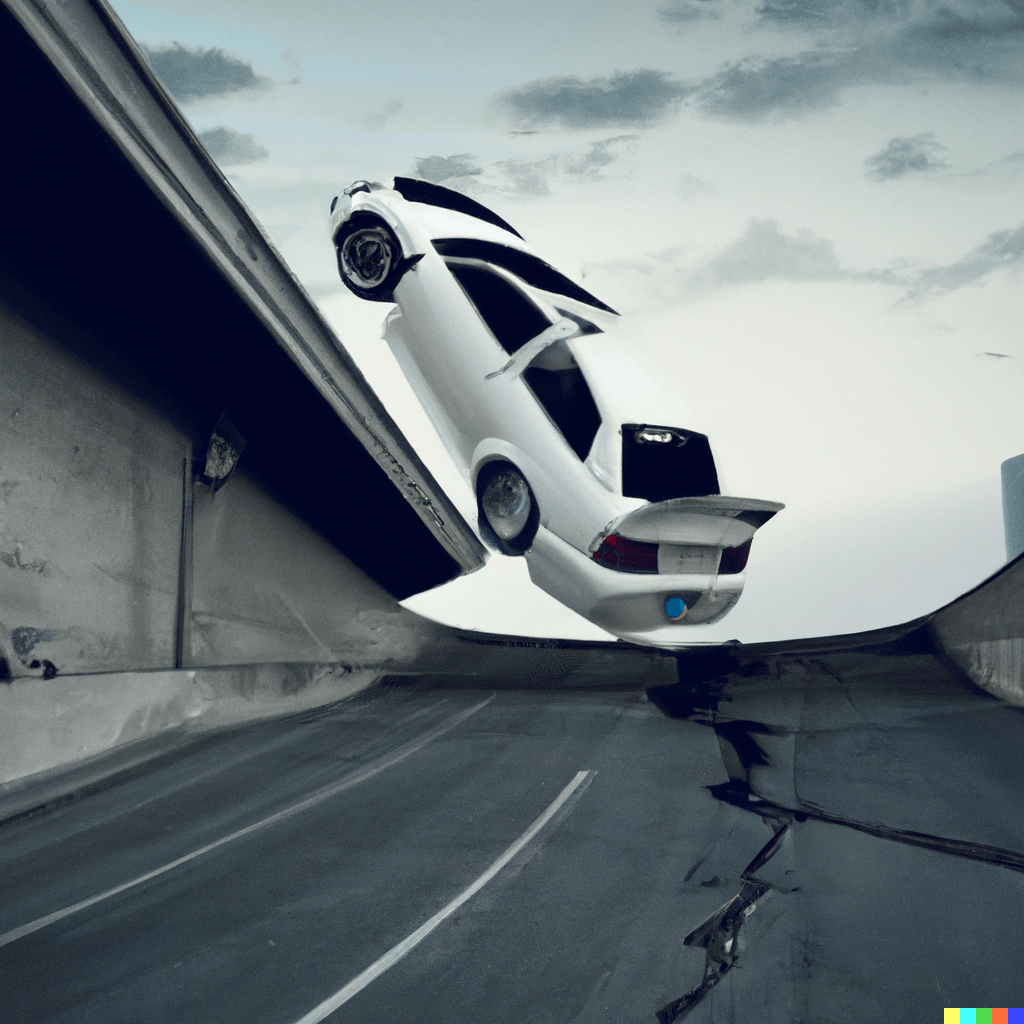Prioritizing Safety After a Car Accident: A Closer Look
Being involved in a car accident can shake anyone up. However, the first few minutes after the incident are crucial for your safety and that of others involved. This article provides an in-depth look at what it means to prioritize safety following a car accident.
After the initial shock of the accident, it’s essential to quickly assess the situation. If you’re able to, and it’s safe to do so, move your vehicle out of the flow of traffic. This could be to the side of the road, onto a sidewalk, or into a nearby parking lot. This reduces the risk of further collisions with oncoming traffic.
Ensure that your vehicle is visible to other motorists. Use hazard lights, flares, or safety cones if you have them. This helps alert other drivers to the situation and prevent further accidents.
Keep in mind, however, that if the accident is serious, it might be best not to move the vehicles until law enforcement arrives. Disturbing the scene of a severe accident could potentially complicate the investigation into the cause.
Your safety and the safety of others is paramount. Stay at a safe distance from the road, especially if you’re on a busy highway or at a dangerous location like a blind curve. Wait for professional help to arrive in a location where you’re not at risk of being hit by other vehicles.
Keywords: Car Accident, Safety, Collision, Oncoming Traffic, Law Enforcement
2. Checking for Injuries Following a Car Accident: A Detailed Guide
Car accidents can result in a variety of injuries, some of which might not be immediately apparent due to the shock and adrenaline. This post provides an in-depth guide on checking for injuries following a car accident.
First and foremost, assess your own condition. Do a quick scan of your body for any pain, discomfort, or signs of injury. If you’re severely injured, try to stay calm and wait for emergency services to arrive.
If you’re able, check on others involved in the accident. If anyone is unconscious, has severe pain, or cannot move, avoid trying to move them and wait for professional medical help. Untrained attempts at moving injured people can potentially make injuries worse.
It’s crucial to call 911 immediately, even if injuries seem minor at the scene. Some injuries, like internal bleeding or concussions, may not be immediately evident. Medical professionals on the scene can conduct a preliminary assessment and provide immediate care.
Moreover, a medical examination can serve as a critical piece of evidence if you choose to file a personal injury claim later on. It can link the accident to your injuries, providing proof that you were harmed as a result of the incident.
Keywords: Car Accident, Injuries, Medical Help, Emergency Services, Personal Injury Claim
3. Contacting Law Enforcement After a Car Accident: What You Need to Know
In the aftermath of a car accident, reporting the incident to the police is a critical step. This post dives deeper into the process and importance of contacting law enforcement after a car accident.
In many jurisdictions, reporting a car accident to the police is not only recommended, it’s a legal requirement. This is especially true when there’s significant property damage, injuries, or fatalities. Failing to report could result in penalties and could complicate any subsequent legal proceedings.
When police officers arrive at the scene, they will secure the area, assist with any immediate needs, and start gathering information about the accident. They’ll speak to the drivers involved, any witnesses, and take note of the conditions that could have contributed to the accident.
The police will then compile this information into a police report. This report often includes a diagram of the accident, a description of how the accident occurred, any citations issued, and sometimes, the officer’s opinion about who was at fault.
This police report can play a significant role in the resolution of a personal injury claim. It provides an official, unbiased account of the accident, which can serve as a valuable piece of evidence when determining liability.
Keywords: Law Enforcement, Car Accident, Police Report, Legal Requirement, Personal Injury Claim
4. Documenting the Scene of a Car Accident: A Comprehensive Guide
Documenting the scene of a car accident can be essential for protecting your rights and interests. In this post, we provide a comprehensive guide on how to effectively document the scene of a car accident.
After ensuring the safety of all involved and calling law enforcement, start documenting the scene. Take photographs from different angles showing the overall scene, damage to the vehicles, road conditions, traffic signs, and any visible injuries. If you can, take photos before the vehicles are moved.
Exchange information with the other driver(s) involved in the accident. This should include their full names, contact information, driver’s license numbers, and insurance details.
If there are witnesses to the accident, try to get their names and contact information as well. Independent third-party accounts can be instrumental in determining what happened.
Take note of other details such as the time, the weather, the lighting, and the road conditions. Even seemingly minor details may be relevant to your case later on.
This documentation can be key in dealing with your insurance company and in any subsequent legal proceedings. It can help establish the facts, determine liability, and quantify damages.
Keywords: Car Accident, Documenting the Scene, Photographs, Witnesses, Insurance Company
5. Notifying Your Insurance Company After a Car Accident: A Detailed Guide
After a car accident, one of the most important calls you need to make is to your insurance company. This article offers an in-depth guide on how to navigate this step.
Report the accident to your insurance company as soon as possible. Delaying this step might complicate your claim.
When speaking with your insurer, stick to the facts. Be honest and provide a factual account of the incident. Avoid making guesses or assumptions about things you’re not sure of.
Your insurance company will assign a claims adjuster to investigate the accident, assess the damage, and determine how much the insurance company should pay for repairs, medical expenses, etc.
It’s important to cooperate with the adjuster, but also to be aware that their goal is to minimize the payout for the insurance company. This is where having a car accident attorney can be particularly helpful, as they can negotiate with the insurance company on your behalf.
Keywords: Insurance Company, Car Accident, Claims Adjuster, Car Accident Attorney, Insurance Claim
6. Why Consulting a Car Accident Attorney is Crucial: An In-depth Examination
While it might seem like just another expense, consulting with a car accident attorney after an accident can be crucial. In this post, we examine why this step is so important.
A car accident attorney can provide you with invaluable guidance after a car accident. They can help you understand your rights, explain the claims process, and advise you on how to deal with insurance companies.
Your attorney can help ensure that you receive fair compensation. They can compile evidence, negotiate with insurance adjusters, and represent you in court if necessary.
Even if you believe the accident was minor, it’s beneficial to consult with an attorney. Sometimes injuries and damages may not become apparent until later, and having an attorney from the start can ensure you’re prepared for any eventuality.
Keywords: Car Accident Attorney, Insurance Companies, Fair Compensation, Car Accident, Legal Advice
7. Documenting Your Injuries and Damages: The Key to a Successful Personal Injury Claim
After a car accident, documenting your injuries and damages is critical. This blog post provides an in-depth look at why this step is so important and how to do it effectively.
Keep thorough records of any medical treatment you receive. This includes doctors’ reports, medical bills, prescription costs, and even the cost of travel to and from the hospital.
Also, document any damages to your property, particularly your vehicle. Obtain estimates for repair costs and take photographs of the damage before repairs are made.
Finally, keep a diary of how your injuries have affected your daily life. This could include pain levels, missed work, changes in your routine, and impacts on your personal relationships.
All of this documentation can be vital when pursuing a personal injury claim. It can help demonstrate the extent of your injuries and damages and quantify your claim.
Keywords: Personal Injury Claim, Documenting Injuries, Medical Treatment, Property Damage, Legal Proceedings
8. Following Up on Your Medical Treatment: A Guide to Protecting Your Health and Your Claim
Ensuring you follow up on your medical treatment after a car accident is crucial. This article serves as a guide to why it’s so important and how it affects your personal injury claim.
If a healthcare professional recommends a course of treatment following a car accident, it’s essential that you follow their advice and complete the full course of treatment. Not only is this vital for your health, but it also has a bearing on any potential personal injury claim.
Failing to follow up on treatment could be used by the insurance company to argue that you weren’t seriously injured, potentially affecting the compensation you could receive.
Keep all appointment cards, prescription receipts, and any other evidence of your treatment. This documentation will serve as evidence of your commitment to your recovery and can contribute to substantiating your claim.
Keywords: Car Accident, Medical Treatment, Personal Injury Claim, Insurance Company, Compensation
Sub Categories
Recent Articles
-
 Jul 22, 2024Seasonal Risks Leading to Different Types of Personal Injury Accidents
Jul 22, 2024Seasonal Risks Leading to Different Types of Personal Injury Accidents -
 Jul 22, 2024Common Injuries in Different Personal Injury Cases
Jul 22, 2024Common Injuries in Different Personal Injury Cases -
 Jul 22, 2024Maximizing Compensation in Personal Injury Accident Cases
Jul 22, 2024Maximizing Compensation in Personal Injury Accident Cases -
 Jul 22, 2024Unnatural Provable Negligence in Slip and Fall Cases
Jul 22, 2024Unnatural Provable Negligence in Slip and Fall Cases

